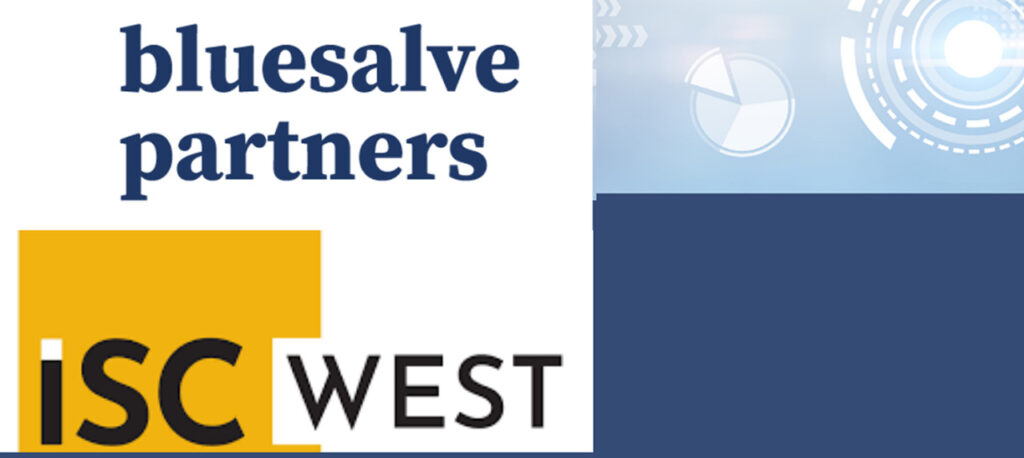
Insecurity Behind the Security Industry?
Ended soon
Written by: Avi Rosenthal, bluesalve Partners
We recently attended – in person again, at last! – the annual ISC West expo held by the Security Industry Association (SIA). We expected to see the latest in smart security solutions for home and business, and we weren’t disappointed. We did, however leave the show with some unease about industry trends and the outlook for security providers, particularly independent integrators. How will these professionals keep up with market demands? Will security integrators really be able to keep homes safe from the bad guys in the days ahead?
The Other Break-Ins
It seems like only yesterday that security as a product or service was focused on access controls and protection against home intrusion – what we now call “physical” security. Unfortunately, today’s most concerning break-ins don’t use crowbars, they exploit digital vulnerabilities in the home network. Cybersecurity has quickly become a more worrisome problem than burglary, in homes as well as big corporations. According to the New York Times, investors have poured $12.2 billion into cybersecurity companies so far this year, nearly $2 billion more than the total for all of 2020.
To stay on top of this trend, the SIA recently announced a new certification program called the Security Industry Cybersecurity Certification (SICC). The SICC has been developed for integrators, manufacturers and other industry professionals who are “responsible for technically supporting the installation, networking, configuration and/or specification of electronic security/low-voltage technology devices.”
Human Error
The SICC is deliberately designed to cover a broad range of stakeholders, because from manufacturer to installer to end user, it takes a village to provide cybersecurity. Where is the weak link in this chain? Until recently the usual answer would have been the consumer, who either couldn’t or didn’t use strong enough password protection, or didn’t set up the devices securely during a DIY installation. Biometric features like fingerprint scanning, voice recognition and facial ID are beginning to address these problems, as are stronger encryption safeguards during system setup. Better security for the end user is needed and welcome of course. In practice however, it simply shifts the responsibility for security vulnerabilities to the next hotspot for human error: installers and administrators.
As many in the industry already know, not all independent security integrators are particularly expert with IT technologies. That isn’t because they’re incapable; often it’s because they’re not terribly interested. While smart security obviously offers greater business opportunity, many small/independent installers avoid smart home installs because they perceive them to be complicated and buggy. Worse, a flood of inexpensive DIY-facing solutions has resulted in a race to the bottom regarding price. Will these trade professionals be there to protect homes from the coming cyberstorms?
The Outlook
In a recent poll conducted by IPVM, an independent industry group dedicated to video surveillance, over 180 security integrators were asked if they see themselves still working as security integrators in 2025. While many were bullish on their industry’s growth, some 10% of respondents said they would not recommend their profession to a young person starting out. Reasons (repeatedly) cited included low profits, increased domination of the market by large conglomerates and too much low-cost, under-skilled competition. Bullish or bearish, the surveyed group overwhelmingly agreed that their business was shifting from physical security and hardware installation to IT-facing services, including system architecture and cybersecurity.
This then, is the emerging face of the “new” home security business. System installation used to be an end point, now it’s a value-add and a beginning. In our work with security manufacturers, we stress education as a critical component for future growth. The next generation of security professionals will offer greater, more ongoing value than their predecessors. If they get on board, their business will boom. The bad guys never sleep.
